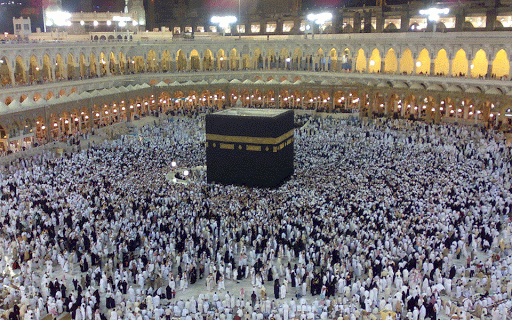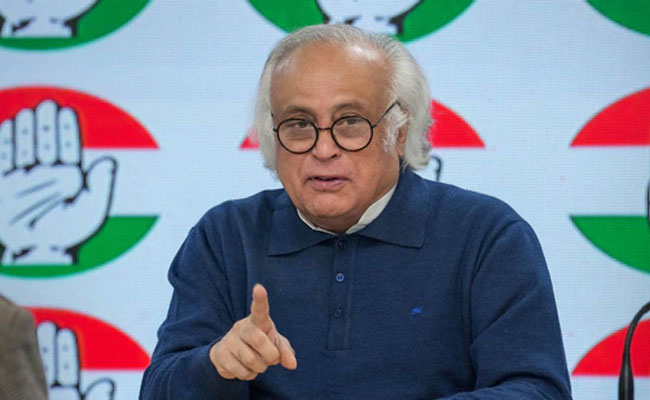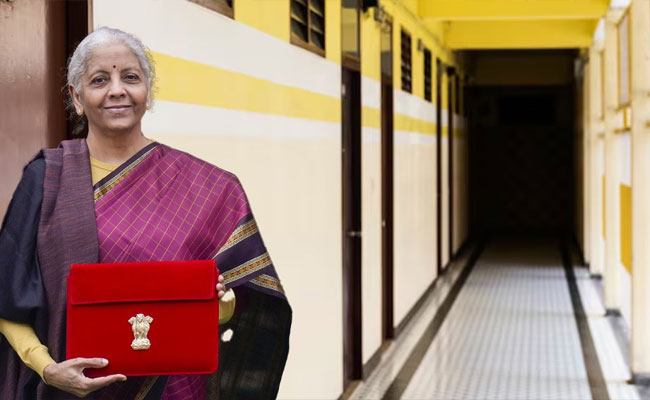This news story was published in Saudi Gazette and has been shared here without any changes and alterations. CLICK HERE to read the original post.
JEDDAH — Saudi Arabia has announced the gradual resumption of Umrah and visits to the Two Holy Mosques with a limited number of pilgrims, starting from Oct. 4, 2020, the Saudi Press Agency reported on Tuesday citing a source at the Ministry of Interior.
The ministry source said that based on the reports of the competent authorities regarding coronavirus developments and in response to the aspirations of many Muslims at home and abroad to perform Umrah, and based on the leadership's keenness on the health and safety of the visitors the Two Holy Mosques, a royal approval has been given to allow the performance of Umrah and visits to the Two Holy Mosques gradually while taking the necessary health preventative measures.
In the first phase, citizens and expatriates from within the Kingdom will be allowed to perform Umrah at a capacity of 30 percent from Oct. 4 that translates to 6,000 pilgrims per day following the health precautionary measures of the Grand Mosque.
In the second phase, citizens and expatriates inside the Kingdom will be allowed to perform Umrah, visit the Rawdah in the Prophet’s Mosque in Madinah, and pray in Two Holy Mosques, starting from Oct. 18, with a 75 percent capacity limit that is equivalent of nearly 15,000 pilgrims per day and 40,000 worshippers per day following the health precautionary measures for the Grand Mosque, as well as 75 percent of the capacity in line with the health precautionary measures for the Rawdah in the Prophet’s Mosque.
In the third phase, pilgrims from abroad would be allowed to perform Umrah as of Nov. 1 with a full capacity of 20,000 pilgrims and 60,000 worshipers per day and it will continue until the official end of the coronavirus pandemic or the official announcement that the danger is over. The arrival of Umrah performers and visitors from outside the Kingdom shall be gradual from the countries that are free from health risks related to the coronavirus pandemic, the source added.
The fourth phase will allow the performance of Umrah, visit and prayers by citizens and expatriates from inside and outside the Kingdom, at 100 percent of the normal capacity of the Grand Mosque and the Prophet's Mosque, when the competent authority decides that the risks of the pandemic has disappeared.
Meanwhile, the entry of pilgrims, worshipers and visitors shall be regulated through the application (Etamarna), which will be launched by the Ministry of Hajj and Umrah, with the aim of implementing the health standards and controls approved by the Ministry of Health and the competent authorities.
The source called upon pilgrims, worshipers and visitors to adhere to preventive measures and apply the health instructions and requirements, including wearing face masks, keeping a safe distance, and avoiding a physical contact.
The source affirmed the Kingdom's keenness to enable the pilgrims from inside and outside the Kingdom to perform the rituals in a safe and healthy manner fulfilling the preventative requirements and spatial distancing in order to ensure human safety and protection from the threats of this pandemic, and achieve the objectives of the Islamic law in preserving human lives.
The source explained that the stages announced in this statement will be subjected to continuous evaluation, according to the developments of the pandemic.
Let the Truth be known. If you read VB and like VB, please be a VB Supporter and Help us deliver the Truth to one and all.
New Delhi: India will expand its high-speed rail network with seven new corridors as part of efforts to promote faster and environmentally sustainable passenger transport, Finance Minister Nirmala Sitharaman announced while presenting the Union Budget 2026 in Parliament on Sunday.
Outlining the government’s infrastructure plans, Sitharaman said the proposed high-speed rail corridors are aimed at improving connectivity between major economic and cultural centres, while also helping reduce the carbon footprint of long-distance travel.
“The government proposes to develop environmentally sustainable passenger transport systems through seven high-speed rail corridors,” the finance minister said in her Budget speech.
According to the announcement, the identified routes include Mumbai–Pune, Hyderabad–Bengaluru, Delhi–Varanasi, Varanasi–Siliguri, Pune–Hyderabad, Hyderabad–Chennai and Chennai–Bengaluru. These corridors are expected to link key metropolitan cities with fast-growing urban and industrial hubs.





